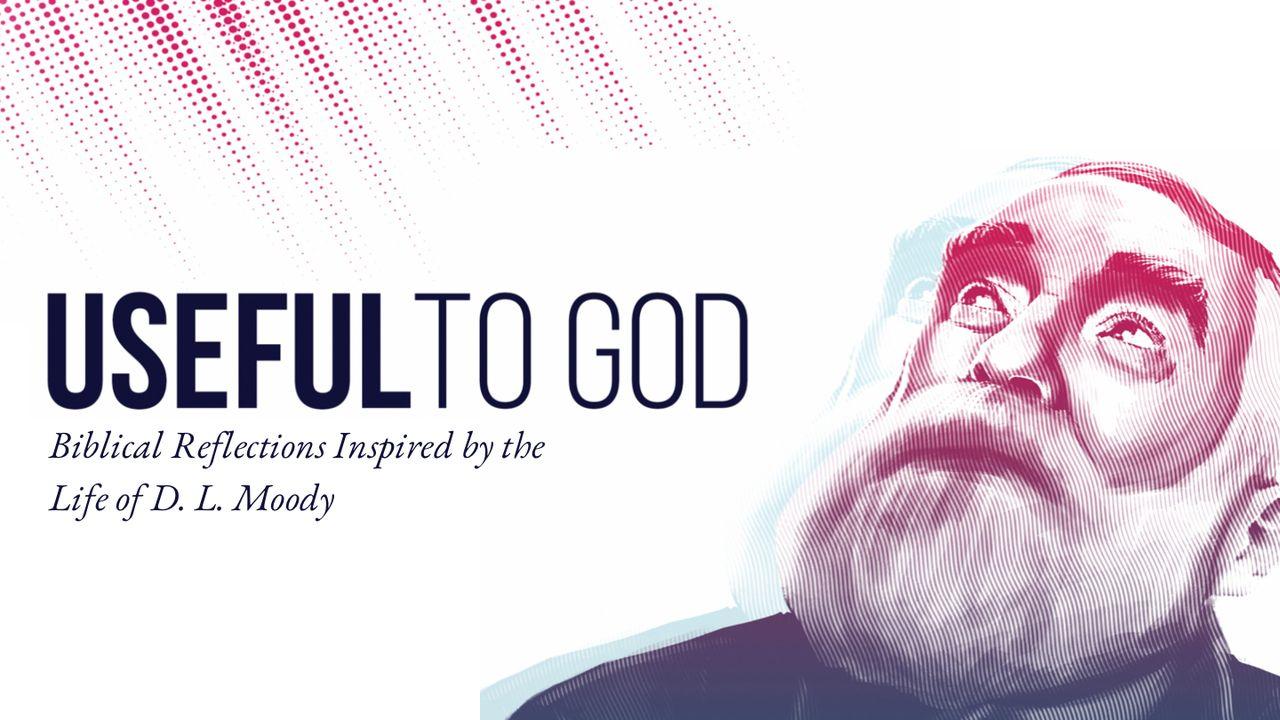Useful to God預覽

Prayerful
Jesus’s teaching on prayer follows a simple pattern with the repetition of the phrase “when you pray.” He tells us how not to pray (Matt 6:5, 7) and then how to pray (6:6, 9-13).
Jesus first warns against praying to be glorified by others (6:5). He is not advocating against public prayer per se. Jesus did not always pray in secret (15:36; Lk 23:34, 46). His concern is that prayer is not used to demonstrate one’s piety “to be seen by others” (Matt 6:5). The emphasis here is on the rewards one receives through the approval of those who recognize one’s piety through public prayers. Jesus recommends that prayer is to be directed to God, who will reward those who seek His approval rather than that of the world (6:6).
Jesus also cautions against praying like the Gentiles. Without any guidance from their gods, the Gentiles often sought to manipulate their deities in prayer (6:7). Praying to empty gods requires empty phrases. Jesus does not want to see his followers pray as if they do not know God, but to recognize that “your Father knows what you need before you ask him” (6:8).
Jesus then counsels his followers to pray that God’s name would be recognized as holy (6:9) and His will would overcome the ways of the world (6:10). We should pray for what we need daily and no more (6:11). We should ask for forgiveness as we have forgiven others and also ask for deliverance from temptation (6:12-13).
He concludes by underscoring the connection between forgiving others and being forgiven. Here, those who are unwilling to forgive will not receive forgiveness (cf. Mk 11:25). Our willingness to forgive is a sign of the grace we’ve received and our readiness to be forgiven (cf. Matt 18:21-35).
Becoming a prayerful people requires that we understand the basic nature of prayer. It is not something we do to demonstrate our piety to others or to manipulate God into doing what we want. Instead, it is a means of aligning our desires with God’s desires, placing our lives in God’s hands by praying to an audience of one, and trusting Him to give us all we will ever need.
關於此計劃

Drawing on James Spencer's book titled Useful to God: Eight Lessons from the Life of D. L. Moody, this Bible Plan examines eight characteristics evident in the Scriptures and in the life of 19th century evangelist Dwight Moody (e.g., surrendered, prayerful, humbled, undistracted, and studious). A free guide including these reflections along with activities and additional devotional content is also available for download from D. L. Moody Center.
More



